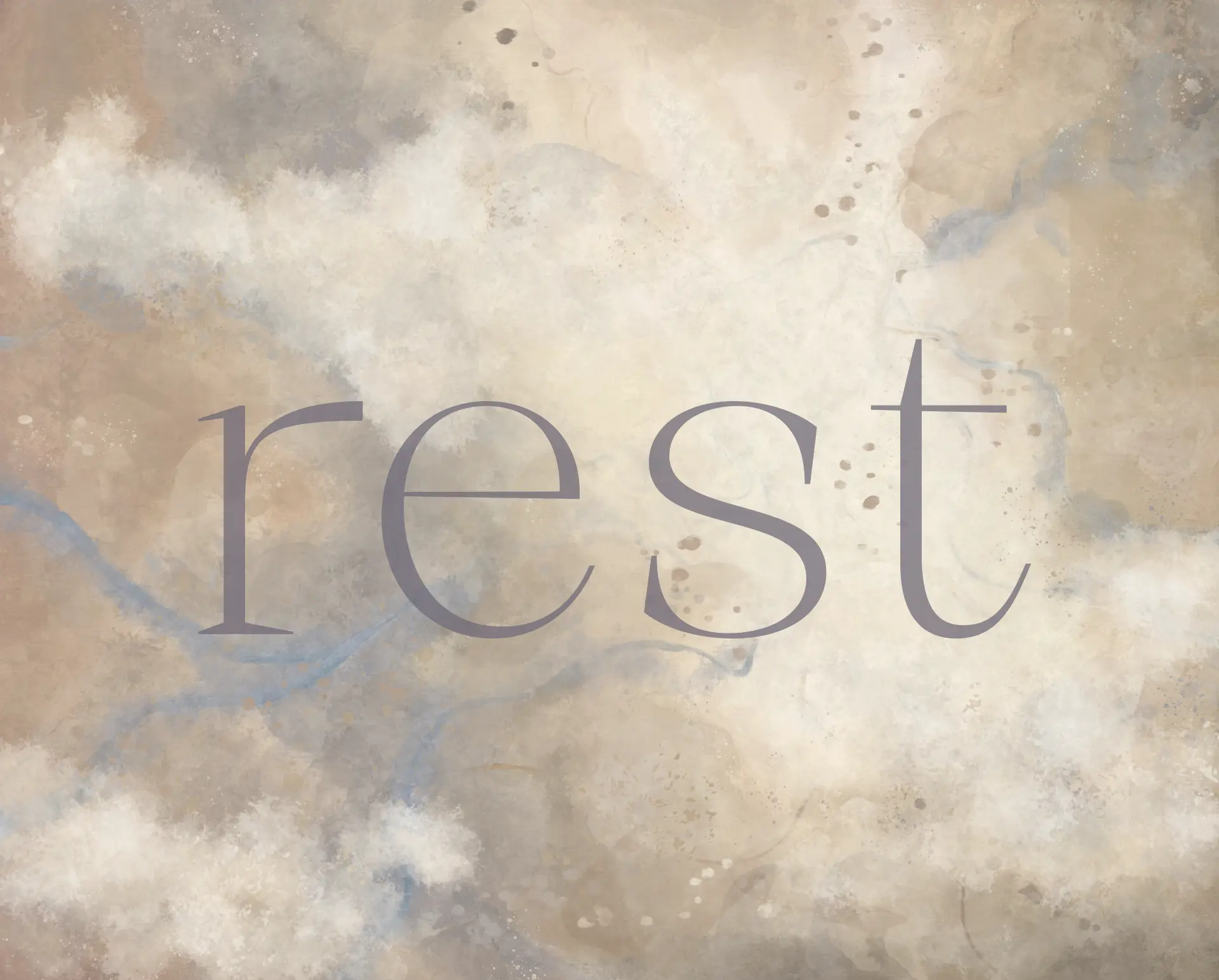“Theology. Discuss”
Now that most everyone has left the room, we can have an intimate chat.
We have an ambivalent relationship with theology. Among its cons: it divides the church, and it can be academic and abstract, which is akin to boring, impersonal and irrelevant. These are, indeed, nasty cons. Its pros: well, life is theological.
Jesus entered history, died on the cross and rose from the dead. These are historical matters. Jesus died on the cross for forgiveness of sins and was raised for our justification. That is theology. We meet together as churches, usually on Sunday morning. That is the raw data. We meet together because the Kingdom of Heaven has come in Jesus and disparate people are now joined as one. That is one little piece of theology. Theology interprets all of life. It is God’s revelation of himself and the meaning he gives to all things in his creation. Biblical counseling is theological.
I can worry about money. That is a theological issue. Recently my wife and I went through a period of diagnostic uncertainty. For a month we didn’t know if she had a life threatening illness or not. She didn’t. But that entire month was all about theology for both of us.
Sometimes we talk about theology as the glasses we wear. Without them, we are essentially blind. With them, we can see God and creation as he intends us to see them – and I am using the word see in the sense that we both see and spring into God-glorifying action. Since everything is God’s, our theology glasses bring action-oriented clarity to everything.
To make the image of glasses more personal, we could adopt the structure of Proverbs and envision the Father walking with his children. Theology is God walking with us through the woods, helping us see the tightly choreographed ant colony, and making the connection between those ants and his character. It is God walking with us through the city and sharing with us his heart for the poor or his views on music and the arts. Theology is God taking us to lunch – an amazing statement of fellowship – and talking about himself. Theology is when we sit with another brother or sister, hear of complex life problems, and turn to God and ask, “Lord, what do you make of all this?” The process is wonderful and never ending. Our goal is to keep listening so his interpretations correct our own and become our own.
Biblical counseling, as I understand it, is theological counseling. We don’t want anything dangling outside of God’s interpretive guidance. That doesn’t mean we can’t say, “I don’t know.” I say “I don’t know” at least every hour, and I am being theological. I am a creature, not the creator. I am limited. I don’t know everything and I don’t have to know everything. But every time I say “I don’t know,” there is still plenty I do know – such as “let’s pray” – and that brings clarity to life.
So, how do we grow as practical theologians? That’s easy – just take all the CCEF courses and . . . I’m kidding, though I have listened to most of the courses and I have certainly grown as a practical theologian through them. Here are some other ways to grow:
- Read the Bible. Yep, this is where theology begins. Some people open the Bible at random and begin reading until something strikes them. Can’t argue with that. When something strikes them it probably means that they are becoming practical theologians. In other words, they are finding that God brings new meaning, clarity and wisdom into everyday life.
- After this it gets tricky. Basically, the strategy is to read the Bible some more. But we recognize that we are reading a book about foreign cultures that are very different from our own. Time for help, and seeking help is practical theology. Our task is to understand the point of a passage to the original readers then transfer that point to our everyday context. We are both practical theologians and historians. This one isn’t easy, and, no doubt, most of the writers of Scripture would freak out over how we have mangled what they said, but I have seen God be very patient with my own mangled interpretations and he is pleased with our intention to seek him and know him.
- Make it about a person. This next step seems obvious, but it wasn’t to me. The Bible is about Jesus. “And beginning with Moses and all the Prophets, he [Jesus] explained to them what was said in all the Scriptures concerning himself” (Luke 24:27). More specifically, it is about Jesus and him crucified (1 Corinthians 1:23). This is the organizing center of all our theology.
- The apostle Paul knew the Old Testament well, and he certainly saw Jesus everywhere in it. He also taught, like Jesus, that the Old Testament is completed in Christ. But there is a sense in which the appearance of the Messiah was so startling and unanticipated that Paul started his theology from scratch. You can almost see the wheels turning. He tells the story: “[Jesus] being in very nature God, did not consider equality with God something to be grasped, but made himself nothing, taking the very nature of a servant, being made in human likeness. And being found in appearance as a man, he humbled himself and became obedient to death – even death on a cross! Therefore God exalted him to the highest place and gave him the name that is above every name” (Philippians 2:6-9). Then Paul just sits back and prayerfully reflects on how he can make that story his own and live out of it. Soon, all kinds of weird things emerge. For example, he aspires to be the lowest of the low, he shuns anything that could give him status, he breaks down Jewish barriers and makes a rule of eating with Gentiles – now that certainly wasn’t a theology coming from the Old Testament.
- See how everything is now big? When you find a passage that says your anger is wrong, you try to be less angry, and you might have occasional success here and there. But when you realize that Christ has come, the old order is being overturned, and the Spirit has been given, then you are drawn into something much larger. “You are not your own, you are bought with a price” (1 Corinthians 6:19-20). Life lived large. I have found that there is something about knowing that Jesus is the King and his Kingdom is on the move that compels me into action. In my counseling I have noticed that I am increasingly prone to preambles such as this. “Okay, we are no longer ordinary people. Our King has rescued us, now we belong to him. Our job is to figure out how to be his wise children today – and it will probably be the opposite of what we think.”
Can there be any better job than to be an applied, personal theologian? And that’s what we are.




